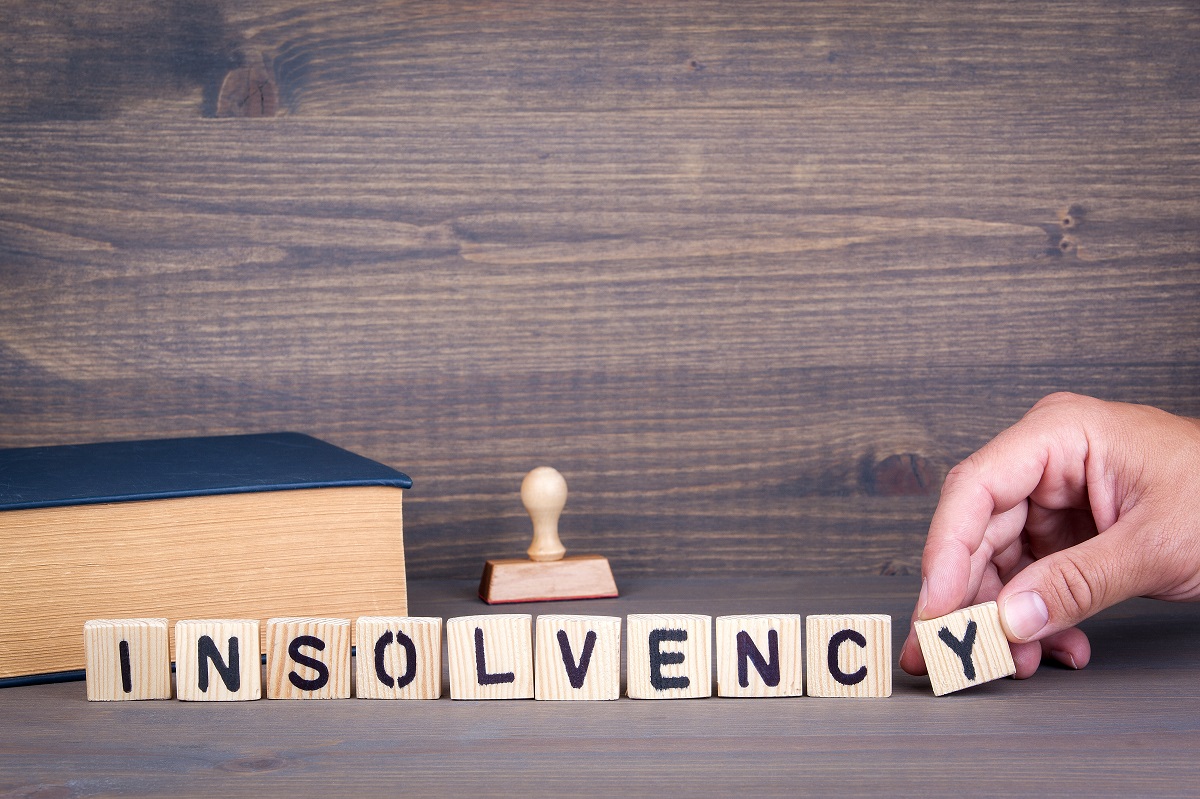Getting My Insolvency Practitioner To Work
Getting My Insolvency Practitioner To Work
Blog Article
The 7-Minute Rule for Insolvency Practitioner
Table of ContentsSome Known Facts About Insolvency Practitioner.The 6-Minute Rule for Insolvency PractitionerThe Single Strategy To Use For Insolvency PractitionerMore About Insolvency PractitionerThe Best Guide To Insolvency Practitioner
Whether or not you require to make use of an insolvency professional (IP) to liquidate your company relies on different variables. While engaging a bankruptcy specialist for all types of liquidation is not a lawful requirement, doing so can frequently improve the procedure and make certain conformity with legal needs. Liquidating a business is an important decision that comes with significant consequences.
It is a treatment used when a firm does not have any financial institutions, or all of their financial institutions can be settled completely with statutory passion. Understanding the various sorts of bankruptcy processes can help you figure out the very best program of action for your company's liquidation or various other formal insolvency treatments itself.
This is mandatory in order to stick to lawful requirements - Insolvency Practitioner. This is because IPs have the necessary certifications and experience to ensure that the liquidation procedure is conducted in conformity with all appropriate regulations and regulations. By involving a certified bankruptcy specialist, you can have satisfaction knowing that your business's liquidation procedure will certainly be handled expertly and in conformity with the pertinent lawful needs
The Facts About Insolvency Practitioner Revealed
The insolvency professional is selected as a liquidator and is accountable for handling the business and liquidator's debts exceptional liabilities and assets. This process involves liquidating the business's possessions and distributing the earnings to lenders. Upon conclusion of the procedure, the company is eliminated from the register at Firms House.
Falling short to do so can cause individual obligation for the company or supervisor for the financial institution's financial obligations. Voluntary liquidation, that includes Financial institutions' Volunteer Liquidation (CVL) and Participants' Volunteer Liquidation (MVL), is started by the firm's supervisors and investors when they can no more pay their debts. In a CVL, the bankruptcy specialist is assigned as the liquidator, responsible for taking care of business financial debts and all business properties.

What Does Insolvency Practitioner Mean?
By assessing the expertise and experience of potential bankruptcy professionals, you can make certain that you select a professional that has the essential qualifications to manage your business's liquidation process successfully. While bankruptcy practitioner-led liquidation is often the most suitable strategy for business dealing with bankruptcy, there are different methods to think about, such as striking off and partial liquidation.
It's vital to evaluate a fantastic read all available choices prior to choosing the following best option or course of action for your service. Striking off business' signs up is a more straightforward and affordable way to close dormant or small business without financial debts or properties. To strike off a firm, its name is eliminated from the Business Home register by submitting kind DS01.
Before choosing striking off, it's important to weigh the benefits and disadvantages of this method and consider whether it's the appropriate selection for your service. Partial liquidation is one more alternative to bankruptcy practitioner-led liquidation, where a company sells off specific assets and liabilities while remaining to run with the staying assets and liabilities.
A Bankruptcy Professional will have the ability to recommend you of the very best training course of action to take and ensure that every little thing runs smoothly. Unfortunately, it is not feasible to sell off a company without a liquidator. Selecting an authorised bankruptcy professional is necessary for the procedure of voluntary liquidation to start.
Insolvency Practitioner Fundamentals Explained
It is feasible to shut and liquidate your company without using a liquidator, provided your company is solvent and you meet the eligibility requirements to dissolve or liquidate it. However, if your company is financially troubled, you might be needed to make use of a liquidator and start official insolvency procedures. Right here are a few other useful articles concerning business liquidation in the UK:.
Being in a setting where you're incapable to pay your business's lenders is incredibly demanding. In an effort to avoid enhancing the level of financial obligation, lots of firms attempt to bargain straight with their financial institutions and concur to a casual arrangement. If the debt is quite tiny and owed Full Report to one creditor, and the lender is being participating, participating in an informal financial obligation plan is possibly the most effective solution, instead of browsing the Discover More internet for 'an insolvency expert near me'.
On the other hand, if there are several lenders and the level of financial debt is big, lenders may not be so prepared or cooperative. To avoid liquidation or insolvency, it is better to hire an insolvency practitioner to create official propositions and bargain with financial institutions on your part.
Not known Facts About Insolvency Practitioner
Whilst it is a method to handle financial debt, there are substantial risks entailed with this kind of financial obligation plan - Insolvency Practitioner. If a creditor agrees to become part of a casual plan (IA) where the debtor has concurred to make normal, if lower, payments to settle the financial obligation, it is essential to adhere to the agreement

The financial institution is within their rights to back out of the agreement and request the courts for your firm to be sold off at any time. An official setup that has been suggested by an insolvency expert in your place, and concurred by a financial institution, supplies a much more secure alternative.
Report this page